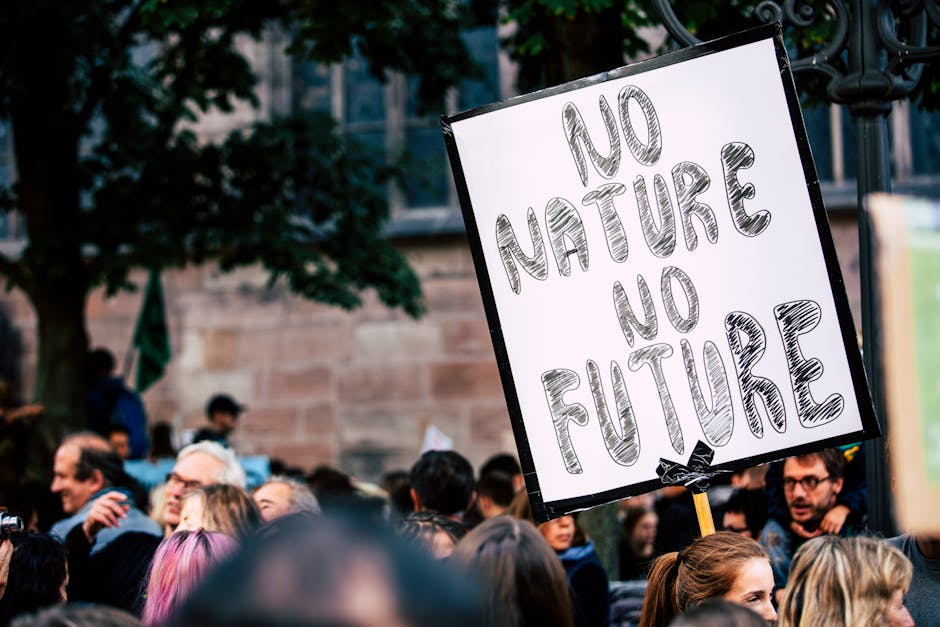The world is burning—literally. From record-breaking heatwaves in India to wildfires in Canada and Australia, the climate crisis is undeniable. Yet global climate action is stalling instead of accelerating. Why?
The Gap Between Climate Promises and Action
At COP26, world leaders pledged net-zero targets, deforestation bans, and fossil fuel phase-outs. But by 2024, many promises remain unmet. The U.S. expanded oil production despite the Inflation Reduction Act. China leads in renewables but keeps building coal plants. India promotes solar but still depends on coal.
Why the inaction? Short-term politics and economic fears dominate. Governments avoid backlash over job losses or higher costs. In democracies, climate policy becomes a partisan battle. Authoritarian regimes prioritize growth over sustainability.
Corporate Power vs. Climate Science
Fossil fuel giants like ExxonMobil and Shell made $200 billion in 2023 profits while weakening climate commitments. They fund misleading PR, lobby against regulations, and push unproven fixes like carbon capture.
In India, Adani’s coal expansion clashes with renewable goals. European banks still fund fossil projects abroad. Profit trumps planet.
Public Apathy and Climate Misinformation
Movements like Extinction Rebellion raise awareness, but many see climate change as a distant threat. Social media spreads denial, with bots and bad actors pushing conspiracy theories.
In India, false claims blame renewables for power shortages. In the U.S., right-wing media dismisses climate science. Without public pressure, governments delay action.
Global Inequities and Climate Finance Failures
Developing nations like India argue the West must pay for its historical emissions. But rich countries still haven’t delivered the pledged $100 billion/year in climate finance.
At COP28, debates over loss-and-damage funding stalled progress. Small island nations pleaded for help, but wealthier nations hesitated. Without equity, negotiations fail.
How to Break the Climate Deadlock
With 1.5°C warming likely this decade, urgent steps are needed:
- Grassroots Pressure – Protests, lawsuits, and voting can force accountability.
- Corporate Accountability – Divestment and regulations must curb fossil fuel influence.
- Just Transition Policies – Green jobs must replace fossil fuel jobs fairly.
- Global Solidarity – Wealthy nations must finally fund climate action in the Global South.
Conclusion: The Clock is Ticking
Climate action is being undermined by politics, greed, and misinformation. The solutions exist—but willpower is lacking. Future generations will judge this decade as a turning point. Will we act in time?
— NextMinuteNews
Follow us for more climate, politics, and breaking news analysis.




